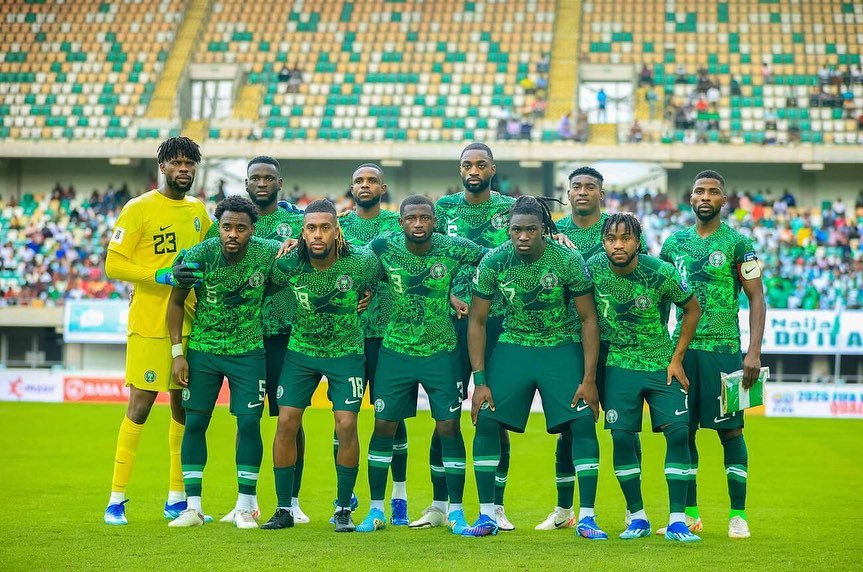The Confederation of African Football’s (CAF) decision to discount results against sixth-placed teams has significantly impacted the runners-up table across Africa. Following Eritrea’s withdrawal from Group E, the adjustment was triggered, and points and goals gained against the bottom team in full groups were removed for parity. This change had a decisive effect on several nations vying for the best runners-up slots, including Burkina Faso and Nigeria.
Nigeria benefited from the reassessment, moving ahead on the revised goal-difference metrics. A late strike by Frank Onyeka proved crucial in this context, elevating Nigeria above their closest rivals. The team’s campaign has been marked by uneven patches, but they have shown enough attacking potency and defensive resilience to remain in contention. Victor Osimhen has led the line with regular goals, while midfield balance has often come from industrious and disciplined performers.
The CAF play-offs in Morocco will feature the four best runners-up in semi-finals, followed by a final, with the winner earning a spot in the intercontinental play-offs. Nigeria will face Gabon in a semi-final, while Cameroon will take on DR Congo. The teams’ pathways to success will depend on various factors, including match control, early goal threats, and minimized set-piece vulnerability.
Coach Eric Chelle’s brief tenure has focused on stabilizing selection and testing tactical variants in competitive fixtures. To succeed, Nigeria must marry defensive stability with clinical finishing. The team’s squad selection will be crucial, balancing senior leadership with in-form club performers. Leaders on the pitch will be vital in guiding young players through tense knockout conditions.
The winner of the CAF play-offs will advance to the intercontinental play-offs in March, facing a non-African opponent for a World Cup berth. This two-stage route makes the November matches a critical gateway to the 2026 finals. For Nigeria’s supporters, hope is tempered by realism, as one match can undo months of work. However, the team has a genuine chance to prevail, given their footballing character, which includes resilience, creativity, and pace.
The qualification saga highlights structural fairness issues in qualifying formats, particularly after unforeseen withdrawals like Eritrea’s. CAF’s decision aimed to equalize opportunity across groups of differing sizes, although critics argue that transparency could have been better. Nevertheless, the recalculation had a clear practical consequence, elevating Nigeria into the play-off places. As the team prepares for the CAF play-offs, they must focus on tactical clarity, mental preparation, and physical fitness to turn their reprieve into qualification.
